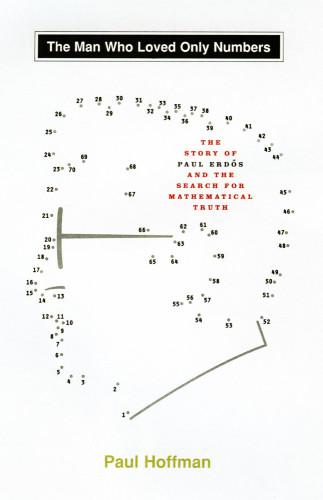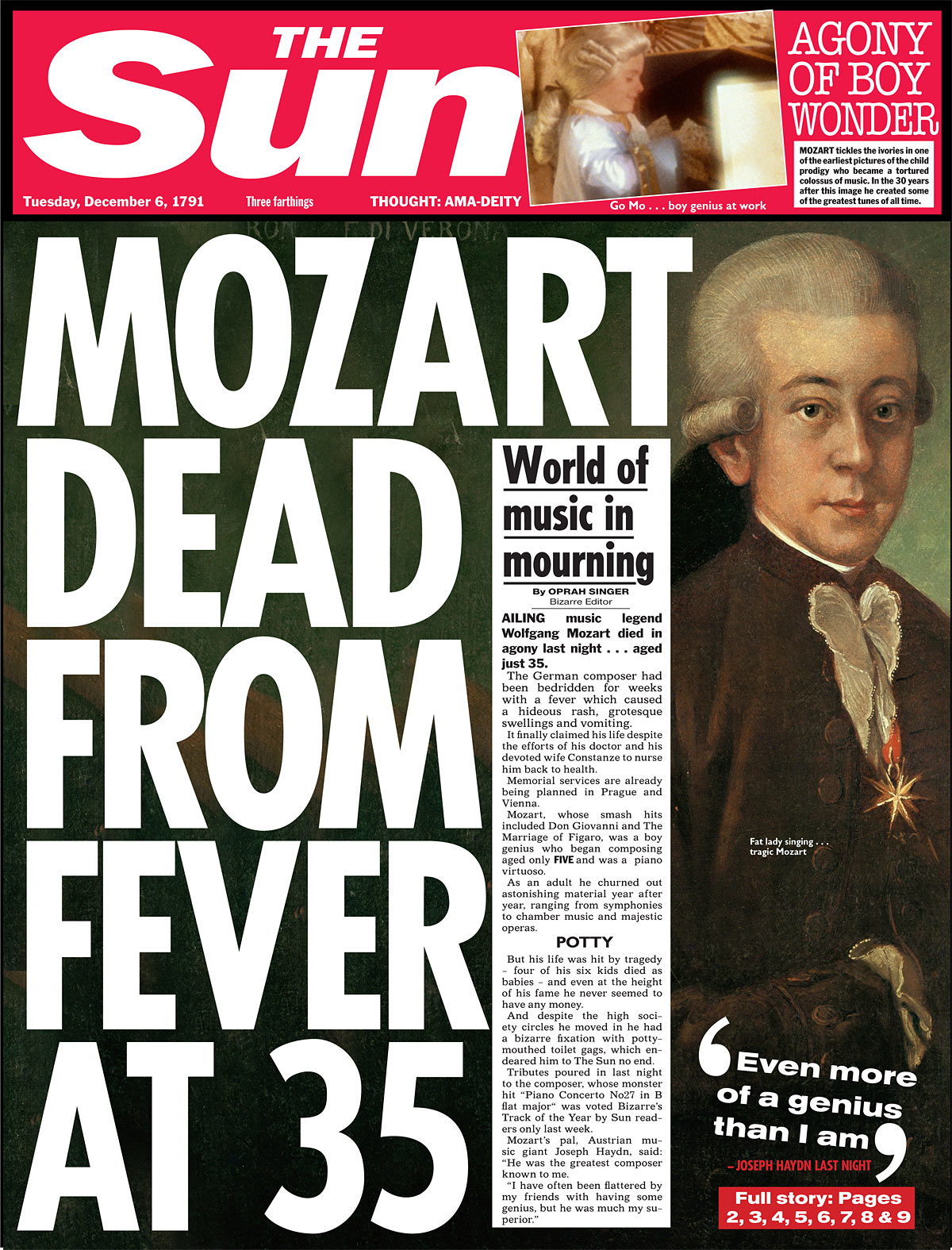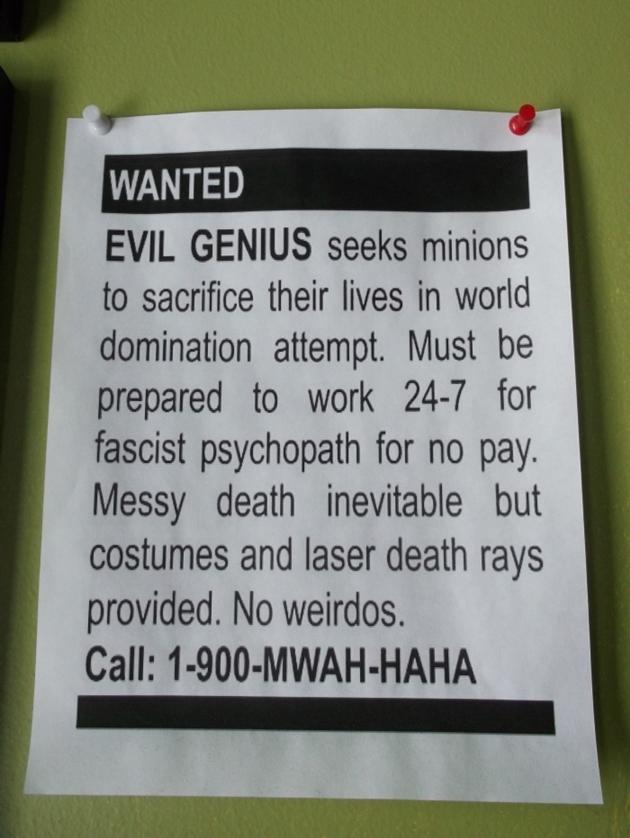4 Easy Ways You Can Resolve Life’s Toughest Questions
w To Work More Efficiently Use the Eisenhower Matrix. Via The Decision Book: 50 Models for Strategic Thinking: The US President Dwight D. Eisenhower supposedly once said: ‘The most urgent decisions are rarely the most important ones’. Eisenhower was considered a master of time management, i.e. he had the ability to do everything as and when it needed to be done. With the Eisenhower method, you will learn to distinguish between what is important and what is urgent. Whatever the job…
3 minutes
What can you learn from the toughest leadership job on Earth?
agine you're heading up a team stationed in Antarctica. And your relationship with some of the crew members goes sour. There's nobody else to enforce your authority. In fact, there's no one for hundreds -- if not thousands -- of miles. And you can't fire anyone. Everyone has a critical role. How do you even punish them? How can you take things away in a situation where everyone only has the minimum amenities to begin with? And there's no one to get…
4 minutes
Erdos: 3 Key Life Lessons You Can Learn From A Very Odd Mathematician
all accounts, Paul Erdos was a very odd guy... If you were a friend he might show up at your house in the middle of the night wanting to do math and announce, "My brain is open." He wouldn't do laundry. If he was staying with you, you had to do it for him. If he wanted to work on a theorem at 5AM he'd bang pots and pans until you came downstairs. He is also one of the…
6 minutes
10000 hours is a long damn time: What are the 7 steps to genius?
bsp; 10000 hours? Seriously? So why has this 10000 hours-to-genius idea that Malcolm Gladwell popularized loomed so large? It feels good to think we could all be great, that we're not at the mercy of our genes. But David Shenk also believes there's a second reason: the dread it instills in us. The notion that we're now responsible for whether or not we become great can be a gnawing burden that the mind finds hard to let go. Via The Genius in…
5 minutes
Was Mozart a prodigy — or just a hard worker?
unds like heresy to ask "Was Mozart a prodigy?" I know, you're screaming "He was playing for kings when he was 3 and doing concerts in the womb!" Hold on a minute. The real story has a lot less magic and a lot more hard work. Via The Genius in All of Us: New Insights into Genetics, Talent, and IQ: The reality about Mozart turns out to be far more interesting and far less mysterious. His early achievements— while very…
3 minutes
Achieving your dreams: Here’s how a lousy day job can turn you into a great artist.
ur day job is not stopping you from achieving your dreams. It's teaching you everything you need to know. Steven Pressfield's book The War of Art is all about achieving your dreams and accomplishing your creative goals. He takes a very craftsman-like attitude toward becoming great -- and argues this is what is lacking in many struggling creative people. Where does he feel you can learn the most about what it takes to succeed in an artistic profession? Your day job. This idea…
3 minutes
How To Be A Genius: 5 Secrets From Experts
nt to know how to be a genius? There are five things you can learn from looking at those who are the very best. 1) Be Curious And Driven For his book Creativity, noted professor Mihaly Csikszentmihalyi did interviews with 91 groundbreaking individuals across a number of disciplines, including 14 Nobel Prize winners. In 50 Psychology Classics Tom Butler-Bowdon summed up many of Csikszentmihalyi’s findings including this one: Successful creative people tend to have two things in abundance, curiosity and drive. They are absolutely fascinated by…
5 minutes
Good Work Habits That Nearly All Geniuses Have In Common
od Work Habits Of Geniuses A very interesting new book, Daily Rituals: How Artists Work, examines the good work habits of over 150 of the greatest writers, artists and scientists. What does nearly every genius have in common? Those interested in the 10,000 hour theory of deliberate practice won't be surprised -- the vast majority of them were complete and unapologetic workaholics. Via Daily Rituals: How Artists Work: William Faulkner: During his most fertile years, from the late 1920s through the early…
4 minutes








